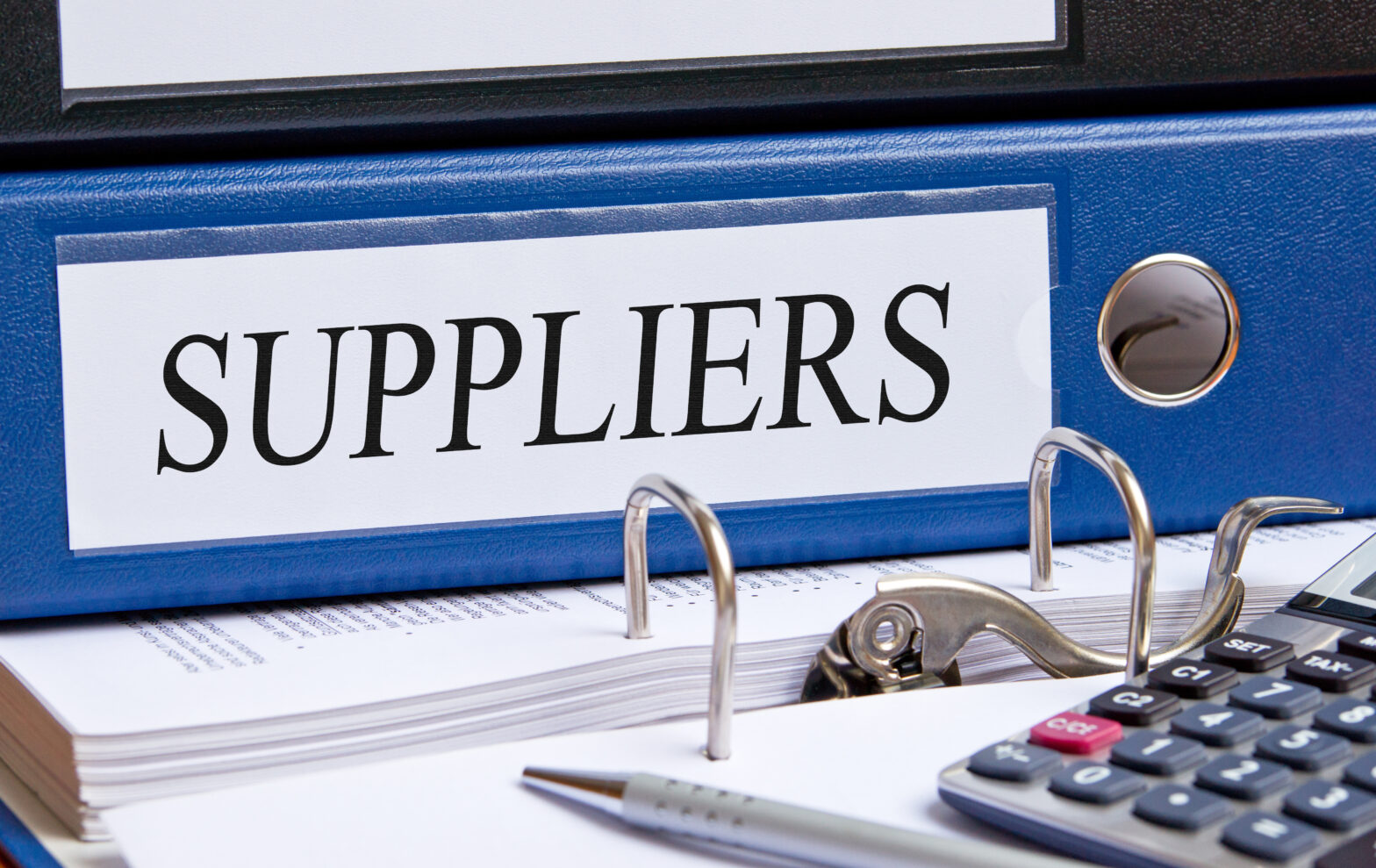Grainne Kelly is the founder of Bubblebum, which claims to be the world’s first inflatable car booster seat, and has recently launched two new car travel products: the Sneck backseat pillow and Junkie backseat organiser. Over the next few months, we’ll be featuring her top tips for business owners. Here, she gives some useful pointers for finding a supplier.
Check other similar types of products to see where they are manufactured
When I was researching the BubbleBum, the easier thing for me to do was to go to the local toy stores and see where the inflatable goods were coming from. I chose China because of the higher scales of manufacturing over there, which meant the cost (given there is quite a bit of tooling required for inflatable products) could be kept at a lower price.
Start off using an agent
…Unless you plan on being resident in that country and have manufacturing experience. I was neither planning on a move to China nor did I have industry experience.
Don’t cut corners trying to find the agent
I found mine through another company who I knew to be manufacturing in China, although I could also have found one through an industry board in Northern Ireland called Invest NI. The Business Support Helpline is a fantastic resource that will guide you to the right organisations which can help find you agents in your region.
Alternatively, do some research online and seek out similar, but not competing, products and make contact with the owner or developer to find out which agent they use. From my experience, as long as you are not treading on their toes and an obvious rival, most people are more than happy to help and give useful pointers.
Be prepared to meet up with at least two or three agents
Useful questions to ask prospective agents include:
- What brands do they represent presently?
- What experience do they have with brands that export globally to major retail? Get clear examples. (This is important as many factories do not meet the Ethical standards that not only would you be morally obliged to use, but that the retailers would expect when they audit your plant)
- How familiar are they with the testing standards for your product category, in my case baby and toys
- How are you remunerated by your other brands?
- Do you work with factories who manufacture counterfeit products? (Stay away if the answer is yes as they would be happy to copy yours)
- Can they give you contacts within the brands with which they manufacture in either the US or the UK for references?
Aside from the agent’s experience, you need to feel comfortable that you can work with them on a long-term basis – trust your intuition, if it doesn’t feel right, it more than likely isn’t.
Take a trip to the manufacturing plant
In the early days, it will be necessary to make a trip to your manufacturing plant and also to build the relationship with your agent. Be prepared that an agent will want somewhere between 10-15 per cent of the cost of the product, so remember to factor this in to your pricing strategy. As agents are normally used for start-ups, they command this high commission as the volumes are usually much lower. You could negotiate that the commission rate changes to a retainer when sales reach a certain level.
Find three suppliers…
…And get them to commit to a price for one year, use one to barter against the other. However, be wary, when something seems too good to be true it often is. I have had factories commit to a price that was 30 per cent lower than I was paying and it turned out that they had not included one of the major components in the product.
Moving factory is a major upheaval and not one to be taken lightly. The factories must meet standards which will be specific to the regulatory requirements for each product category; this is an additional cost to you, so perhaps check in advance which audits the factory has already had carried out. Make sure that you carry out your own ethical standards audits on your supplier.
Ask the supplier to sign a non-disclosure agreement
To protect your ideas, always ask the supplier to sign a non-disclosure agreement and do not share commercial secrets of your product; there will always be a risk that the factory will copy. This is hugely important and both your agent and factory should have signed a separate confidentiality agreement. It is difficult to recover from copycat products entering the market, but this is an effective deterrent.
Try to manufacture different components in different locations if you need to protect a trade secret
Make sure you get the credentials and credit worthiness of the factory before you strike any deals
Also, ask for a reference from someone who has used them for a long time. Also, ask other customers who have used them in the past why they moved manufacturing to another site.
Ask questions that aren’t yes/no answers
For example, do not ask ‘can you have 10,000 ready for Friday’, instead ask ‘How many can you have ready for Friday’.





